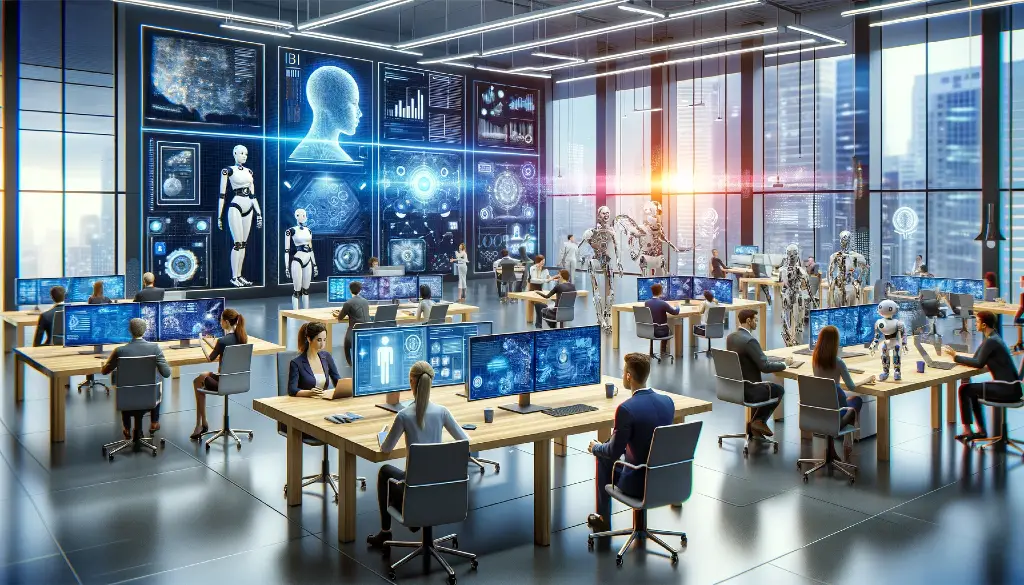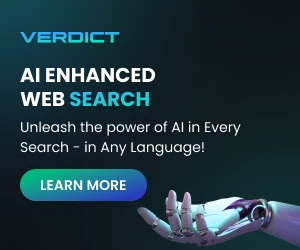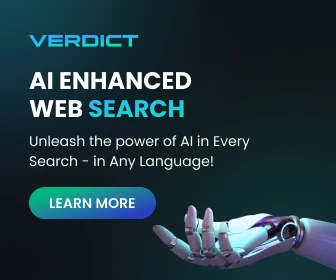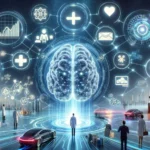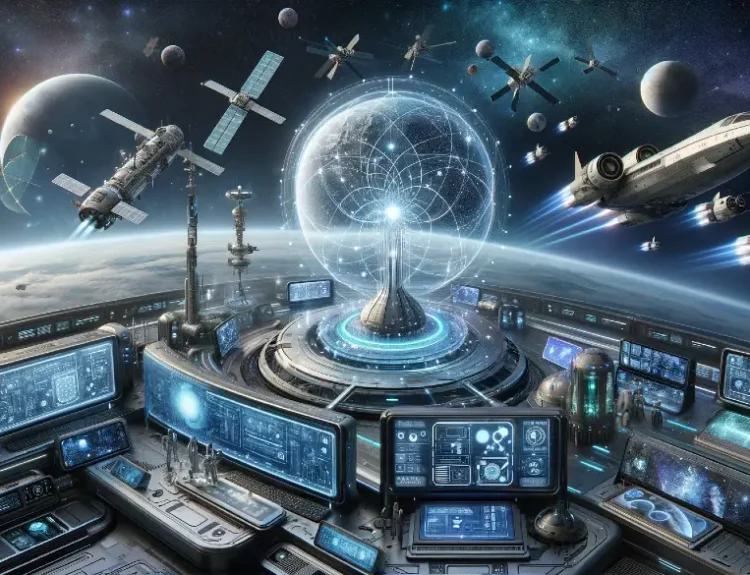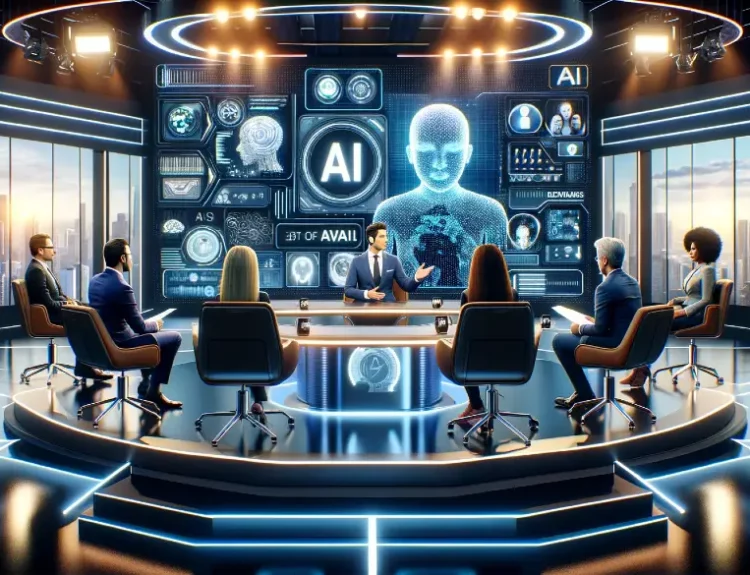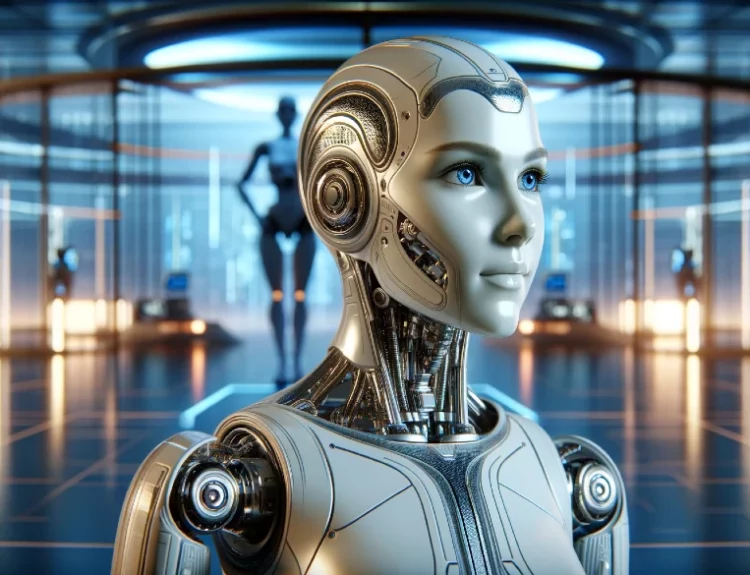Introduction
The Future of Work: Imagine a world where artificial intelligence (AI) is not just a buzzword but a fundamental force shaping the very nature of work as we know it. From self-driving cars to virtual assistants, AI is already revolutionizing industries and transforming job markets at an unprecedented pace. As we stand on the cusp of a new era in human history, it’s crucial to understand the profound implications of AI on employment and the future of work.
In this blog, we’ll delve into the intricate interplay between AI and employment, exploring the opportunities, challenges, and transformative potential that lie ahead. Join us on a journey to uncover the future of work in an AI-driven world, where innovation and adaptation are the keys to success.
Understanding AI and Employment
In recent years, the integration of artificial intelligence (AI) into various industries has reshaped the landscape of employment. AI, a branch of computer science that enables machines to perform tasks that typically require human intelligence, has led to both opportunities and challenges in the workforce.
At its core, AI automates repetitive tasks, analyzes vast amounts of data, and augments decision-making processes, fundamentally altering the nature of work. Understanding the relationship between AI and employment involves examining how AI is transforming traditional job roles, creating new opportunities, and necessitating a shift in skillsets and approaches to work. Let’s explore the multifaceted impact of AI on employment and delve into its implications for the future of work.
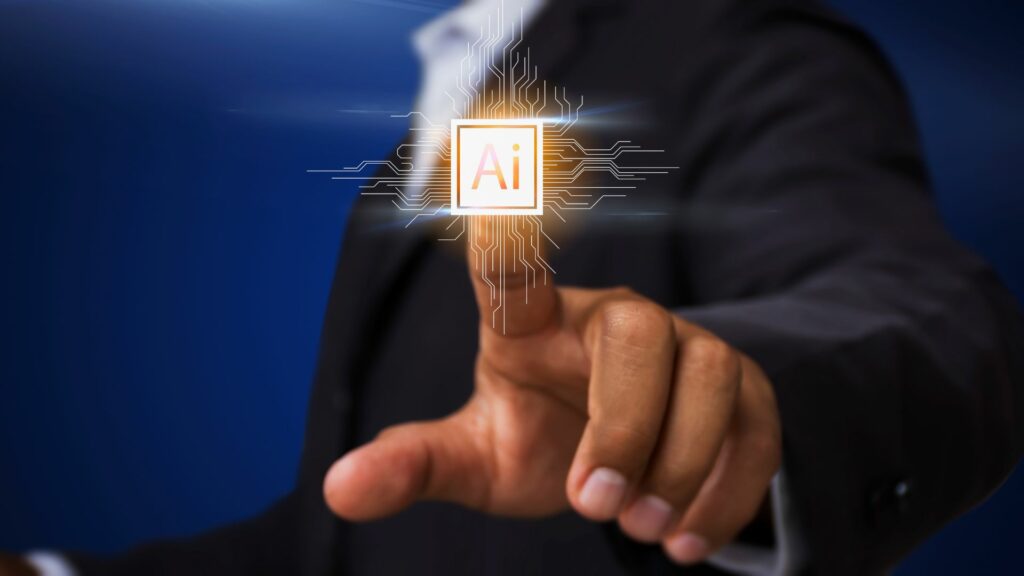
The Future of Workforce
The concept of the future of workforce is intricately linked with the advancements in artificial intelligence (AI) and automation. As AI technology continues to evolve, it is reshaping traditional notions of employment and redefining the way we work. The future of workforce is characterized by emerging trends such as remote work, gig economy, and flexible employment models, enabled by AI-driven innovations. Remote work, accelerated by the COVID-19 pandemic, has demonstrated the feasibility and advantages of distributed teams and virtual collaboration.
The gig economy, fueled by platforms that connect freelancers with businesses, offers individuals the flexibility to work on-demand and pursue diverse projects. Moreover, AI-driven automation is leading to the creation of new job roles while simultaneously displacing others, prompting a shift in workforce dynamics.
Impact on Job Markets
The integration of artificial intelligence (AI) into job markets is a topic of significant interest and concern. While AI presents opportunities for increased productivity and efficiency, it also poses challenges such as job displacement and skills mismatches. As AI-driven automation continues to streamline processes and tasks across industries, certain job roles may become redundant or undergo significant transformation. This can lead to job displacement for workers whose skills are no longer in demand or who are unable to adapt to new technologies.
However, AI also creates new job opportunities in areas such as data analysis, AI development, and digital marketing, requiring specialized skills and expertise.
Skills Development and Workforce Transformation
As artificial intelligence (AI) reshapes job markets and creates new opportunities, there is an increasing emphasis on skills development and workforce transformation. In the face of automation and technological disruption, workers must adapt and acquire new skills to remain competitive in the evolving job market. Skills such as critical thinking, problem-solving, creativity, and emotional intelligence are becoming increasingly valuable in a world where AI-driven automation handles routine tasks.
Moreover, there is a growing demand for individuals with technical skills in areas such as data science, machine learning, and programming, as well as soft skills such as communication, collaboration, and adaptability. Workforce transformation involves not only acquiring new skills but also embracing a mindset of lifelong learning and continuous improvement.
Organizations, educational institutions, and governments play a crucial role in facilitating skills development and workforce transformation initiatives, ensuring that individuals are equipped with the tools and resources they need to succeed in the AI-driven economy.
Opportunities in the Gig Economy
The gig economy, characterized by short-term contracts and freelance work, has experienced rapid growth in recent years, driven in part by advancements in artificial intelligence (AI) and digital platforms. AI technology has played a significant role in enabling the gig economy by providing platforms and tools that connect freelancers with businesses and individuals seeking services. These platforms utilize AI algorithms to match freelancers with relevant projects, facilitate payments, and provide support services, creating opportunities for individuals to work on-demand and pursue flexible careers.
One of the key benefits of the gig economy is its flexibility, allowing individuals to choose when, where, and how they work. Freelancers have the autonomy to select projects that align with their skills, interests, and schedule, enabling them to achieve a better work-life balance and pursue diverse opportunities. Moreover, AI-driven platforms provide access to a global marketplace, allowing freelancers to collaborate with clients and businesses from around the world, expanding their professional networks and earning potential.
Additionally, the gig economy offers opportunities for individuals to develop and showcase their skills in a variety of domains. Freelancers can leverage AI tools and platforms to enhance their productivity, creativity, and efficiency, gaining valuable experience and building a portfolio of work. Furthermore, the gig economy fosters entrepreneurship and innovation, empowering individuals to launch their own businesses, experiment with new ideas, and pursue their passions.
However, it’s important to recognize that the gig economy also presents challenges, including income instability, lack of benefits, and job insecurity. Freelancers may face unpredictable workloads, inconsistent income streams, and limited access to healthcare, retirement savings, and other benefits typically provided by traditional employers. Moreover, competition in the gig economy can be fierce, requiring freelancers to continually adapt, upskill, and differentiate themselves to stand out in a crowded marketplace.
Overall, the gig economy offers opportunities for individuals to embrace flexibility, autonomy, and entrepreneurship in their careers. By leveraging AI-driven platforms and tools, freelancers can access a wealth of opportunities, expand their professional networks, and achieve success on their own terms. As we navigate the future of work in an AI-driven world, the gig economy will continue to play a vital role in shaping the way we work, collaborate, and thrive in the digital age.
Addressing Challenges and Ensuring Equity
While the gig economy and advancements in artificial intelligence (AI) present exciting opportunities for flexible work arrangements and career growth, they also pose significant challenges that must be addressed to ensure equity and fairness in the workforce. One of the key challenges is the potential for income instability and job insecurity among gig workers, who may lack access to benefits such as healthcare, retirement savings, and unemployment insurance. Additionally, the rise of AI-driven automation raises concerns about job displacement and the need for reskilling and upskilling initiatives to ensure that workers are prepared for the jobs of the future.
To address these challenges and promote equity in the workforce, stakeholders must take proactive measures to support gig workers and ensure that AI-driven advancements benefit all members of society. This includes implementing policies and regulations that protect the rights and interests of gig workers, such as ensuring fair wages, providing access to benefits, and establishing mechanisms for dispute resolution and worker representation. Moreover, organizations and governments can invest in training programs, apprenticeships, and educational initiatives to equip workers with the skills they need to thrive in an AI-driven economy.
In addition to addressing challenges related to income stability and job security, it’s essential to consider the broader implications of AI-driven automation on equity and inclusion. As AI technology becomes increasingly integrated into workplaces and decision-making processes, there is a risk of perpetuating biases and inequalities if not carefully managed. Therefore, it’s crucial to develop and implement AI systems that are transparent, accountable, and unbiased, ensuring that they do not discriminate against individuals based on factors such as race, gender, or socioeconomic status.
Furthermore, efforts to promote equity in the workforce should prioritize diversity, inclusion, and representation, recognizing the unique perspectives and contributions of individuals from diverse backgrounds. By fostering a culture of inclusivity and belonging, organizations can create environments where all workers feel valued, respected, and empowered to succeed.
Conclusion
As we navigate the ever-changing landscape of work in the age of artificial intelligence (AI), it’s clear that both opportunities and challenges lie ahead. AI-driven advancements have the potential to revolutionize industries, create new job opportunities, and drive economic growth. However, they also raise important questions about equity, fairness, and the future of work.
In the face of these challenges, it’s crucial for stakeholders to take proactive measures to address inequalities and ensure that the benefits of AI are shared equitably among all members of society. This includes supporting gig workers, investing in skills development and workforce training, and promoting diversity and inclusion in the workplace.
At Verdict, we understand the transformative potential of AI and are committed to harnessing its power to create a more equitable and prosperous future. Our AI-enhanced web search platform leverages advanced algorithms to deliver personalized and relevant search results, empowering users to access information quickly and efficiently. By embracing AI technology, we aim to democratize access to knowledge and information, enabling individuals to make informed decisions and drive meaningful outcomes in their personal and professional lives.
As we continue to explore the implications of AI on employment and the future of work, we invite you to join us on this journey of discovery and innovation. Together, let’s harness the power of AI to create a brighter, more inclusive future for all.


